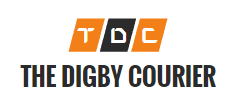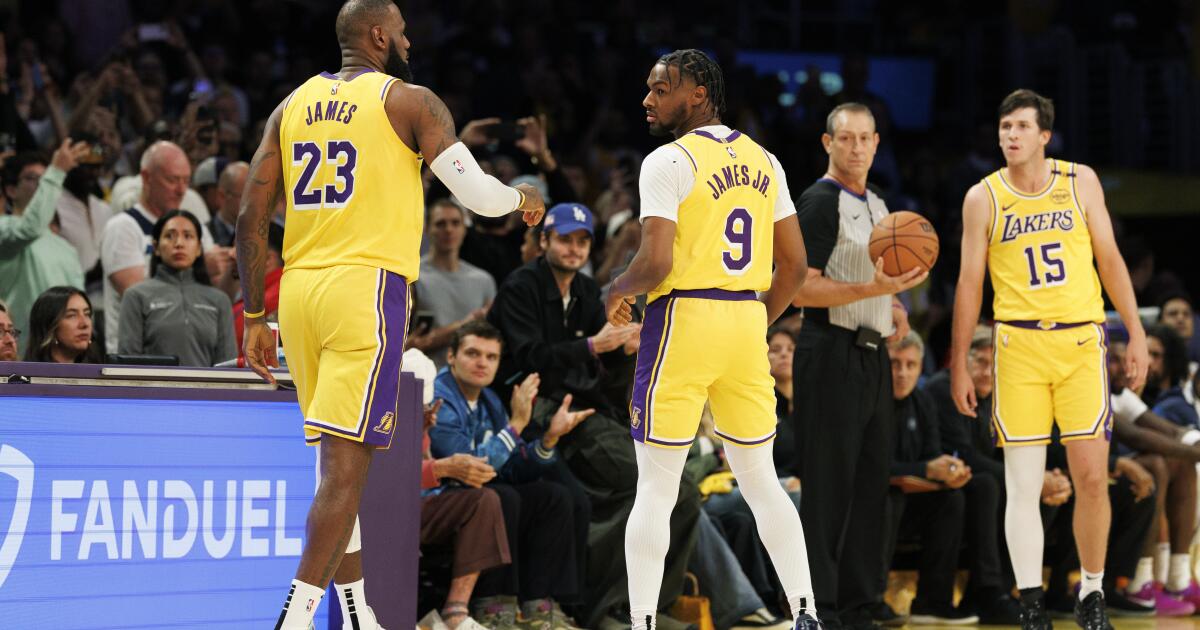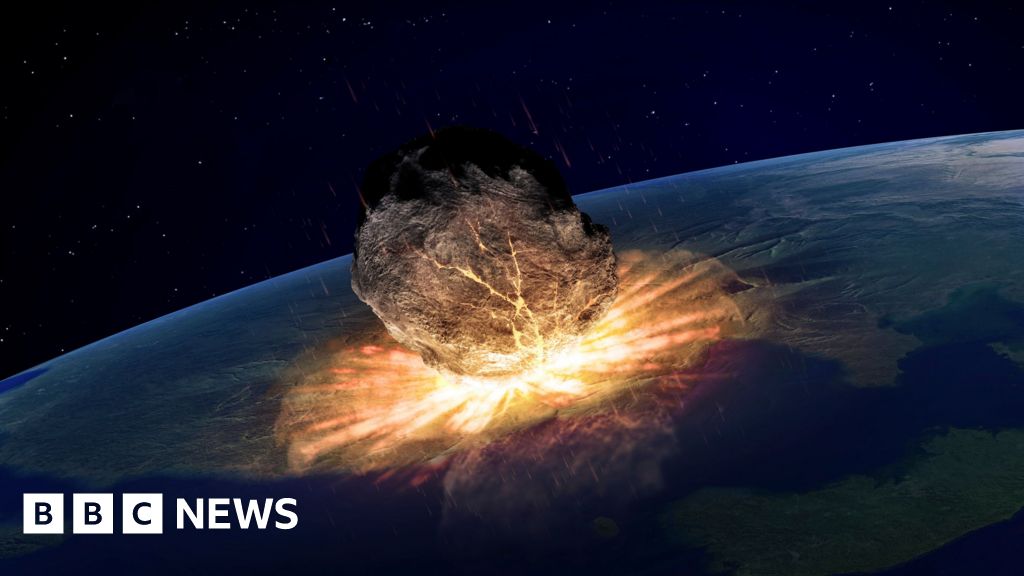[1/5] Chinese Vice Foreign Minister Ma Zhaoxu, Brazilian Foreign Minister Mauro Vieira, South African Foreign Minister Naledi Bandor, Russian Foreign Minister Sergey Lavrov and Indian Foreign Minister Subramaniam Jaishankar attended the BRICS Foreign Ministers’ meeting in Cape Town, South Africa on June 1.
CAPE TOWN, June 1 (Reuters) – BRICS foreign ministers on Thursday stressed their alliance’s ambitions to rival Western powers, but their talks in South Africa were overshadowed by questions over whether Russia’s president would be arrested if he attended a summit in August.
South Africa’s Foreign Minister Naledi Bandor said his country is considering whether Vladimir Putin, who is the subject of a war crimes arrest warrant issued by the International Criminal Court (ICC), will attend the BRICS summit in Johannesburg.
As a member of the ICC, South Africa should theoretically arrest Putin, and Bandor was bombarded with questions about that when he arrived for the first round of talks with representatives from Brazil, Russia, India and China.
“Our government is currently looking at what the legal options are in this matter,” he told reporters.
“The answer is that the president (Cyril Ramaphosa) will indicate what the final position is for South Africa. All (BRICS) heads of state have been invited on the issue,” Bandor said.
Putin did not confirm his plans, the Kremlin said only that Russia would participate “at the appropriate level.”
In March, the ICC accused Putin of forcibly deporting children from Russian-occupied territory in Ukraine. Moscow denies the allegations. South Africa invited Putin in January.
The foreign ministers of Brazil, Russia, India and South Africa, and a vice minister from China, spoke in public opening remarks before their private talks, echoing their alliance’s aspiration to provide leadership in a multilateral world.
‘Symbol of Change’
“Our vision for BRICS is our partnership to provide global leadership in a world divided by competition, geopolitical tension, inequality and deteriorating global security,” Bandor said.
India’s Subramaniam Jaishankar spoke of the concentration of economic power, which “leaves many countries at the mercy of a very few” and called for reform in global decision-making, including the United Nations Security Council.
“Old ways cannot face new situations. We are the symbol of change. We have to act,” he said.
Russia’s Sergey Lavrov has accused Western powers of using sanctions against him and other countries as a tool of colonialism and unfairly oppressing rivals in a global power struggle.
Once seen as a loose, largely symbolic association of disparate emerging economies, BRICS has taken a more concrete form in recent years, driven by Beijing and with added impetus from Moscow since the start of the Ukraine war in February 2022.
Among other initiatives, the bloc launched a new development bank in 2015, despite halting financing projects in Russia to comply with Western sanctions following its invasion of Ukraine.
“We will also explore opportunities to de-risk our BRICS entities in the current financial landscape,” Bandor said without elaborating in his opening remarks.
BRICS leaders have said they are open to admitting new members, including oil-producing nations — and expansion will be on the agenda of a two-day meeting of ministers in Cape Town.
Iran’s Foreign Minister Hossein Amir-Abdullahian and his Saudi counterpart, Prince Faisal bin Farhan Al Saud, were in Cape Town to attend the BRICS meeting, which continues on Friday.
Two of their countries, Venezuela, Argentina, Algeria and the United Arab Emirates, have formally applied or expressed interest in joining the BRICS, officials said.
Additional reporting by Garion du Plessis, Anite Miridjanian and Barkav Achari in Johannesburg Editing by Joe Pavier, John Stonestreet and Ross Russell By Estelle Shirban
Our Standards: Thomson Reuters Trust Principles.







/cloudfront-us-east-2.images.arcpublishing.com/reuters/SP7SH7UWXRKIHCU4S3JZZJOJVU.jpg)